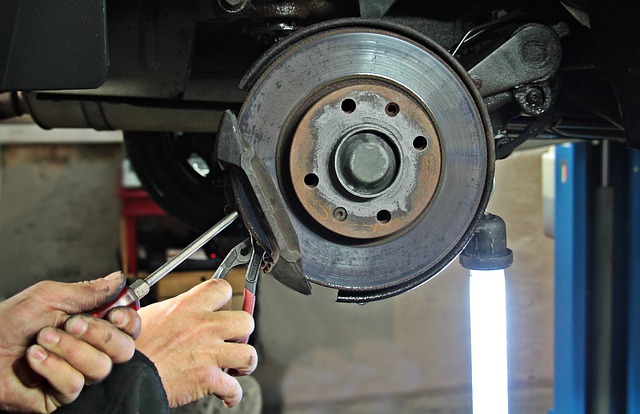If you’ve found that your hand brake doesn’t slow your vehicle as it should, it’s important to address the issue promptly. The hand brake, also known as the emergency brake or parking brake, is crucial for ensuring your car stays stationary when parked. However, when it fails to perform its job effectively, it raises serious safety concerns. This article will explore why your hand brake might not be working as well as it used to, what you should do if you encounter this problem, and how to address it effectively. Understanding these aspects is essential for maintaining vehicle safety and performance.
How Does a Hand Brake Work?
The hand brake operates independently from the main braking system of your vehicle. Unlike the foot brake, which uses hydraulic pressure, the hand brake typically relies on a mechanical cable system connected to the rear wheels. When you engage the hand brake, the cables pull a lever that tightens the brake shoes against the brake drums, or pads against the discs in some vehicles. This friction helps to keep the car stationary.
- Mechanical vs Hydraulic Brakes: The foot brake functions through hydraulic pressure, applying force to all wheels simultaneously. In contrast, the hand brake is a mechanical system that usually targets only the rear wheels. Understanding this difference is crucial in diagnosing why your hand brake might not be as effective.
- Common Issues: If your hand brake isn’t slowing down your vehicle effectively, common causes include worn-out cables, slack in the system, or worn brake shoes and pads. In some cases, issues with the brake caliper can also affect performance.
Why Is My Hand Brake Not Working as Well?
f your hand brake isn’t working as well as it used to, several factors could be at play. Understanding these issues will help you determine the necessary steps for repair:
- Worn Brake Shoes or Pads: Over time, the friction material on the brake shoes or pads wears down, reducing the brake’s ability to grip the drum or disc effectively.
- Loose or Stretched Cables: The hand brake relies on cables to function properly. If these cables become loose or stretched due to wear and tear, they may not engage the brake shoes correctly.
- Rust and Corrosion: Rust can impact the cables, calipers, and other components, hindering the hand brake’s ability to fully engage the wheels.
- Faulty Brake Caliper: In vehicles with disc brakes, a malfunctioning caliper can prevent the hand brake from working efficiently, often due to leaks or mechanical failures.
- Cable Detachment: Sometimes, the cable connecting the hand brake to the rear wheels may detach or break, rendering the hand brake ineffective.
Why Is My Hand Brake So Weak?
A weak hand brake can be caused by several issues. Here’s what you should consider:
- Check for Cable Stretching: Hand brake cables can stretch over time, causing the brake to feel weaker and less responsive.
- Inspect for Worn Components: Worn brake shoes or pads can result in a weak hand brake. These components need to be in good condition to create the necessary friction.
- Look for Rust and Corrosion: Rust on the brake components or cables can lead to a weakened hand brake. Regular maintenance helps prevent this issue.
- Verify Brake Adjustment: The hand brake system requires periodic adjustments. Improper adjustments can affect its strength.
Why Is My Hand Brake Not Stopping the Car?
When your hand brake fails to stop the car, it’s a serious concern. Here’s what to check:
- Ensure Proper Engagement: Make sure you’re pulling the hand brake lever all the way up and that it’s engaging correctly.
- Check Brake Fluid Levels: While the hand brake system is separate from the foot brake, low brake fluid levels can affect overall braking performance.
- Inspect for Leaks: Leaks in the braking system, including the hand brake, can impact its performance. Have a mechanic check for any leaks.
Diagnosing and Repairing the Problem

If your hand brake isn’t functioning properly, here’s how to diagnose and repair the issue:
Brake Shoe or Pad Replacement: Worn brake shoes or pads need to be replaced. Costs vary but generally range between $100 and $300 for brake pad replacement.
Cable Adjustment or Replacement: If the cable is stretched or damaged, it may need adjustment or replacement. Expect costs between $150 and $350.
Rust Removal and Lubrication: Rust-related issues may require cleaning and lubricating components. This repair is less expensive but essential.
Caliper Repair or Replacement: Faulty calipers may need repair or replacement. Replacement costs can range from $300 to $800.
